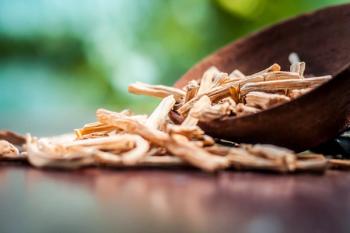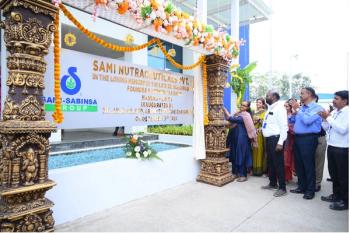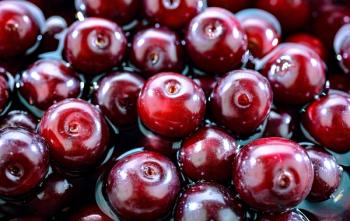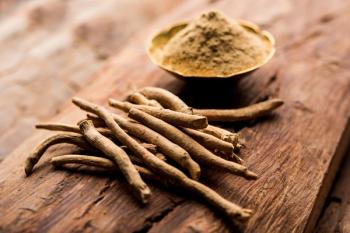
|Slideshows|March 16, 2020
Will synthetic CBD have a place in dietary supplements?
Author(s)Robby Gardner
What is synthetic CBD? And how might it affect the market for natural, plant-derived CBD?
Advertisement
Newsletter
From ingredient science to consumer trends, get the intel you need to stay competitive in the nutrition space—subscribe now to Nutritional Outlook.
Advertisement
Advertisement
Advertisement
Trending on Nutritional Outlook - Supplement, Food & Beverage Manufacturing Trends
1
The role of B6, B12, and folate in one-carbon metabolism and SAMe synthesis
2
Gluten labeling under review: GFCO on FDA’s Request for Information
3
How GC Rieber VivoMega is adapting fish and algal omega-3 production to a changing market
4
Supporting thyroid health with iron
5




